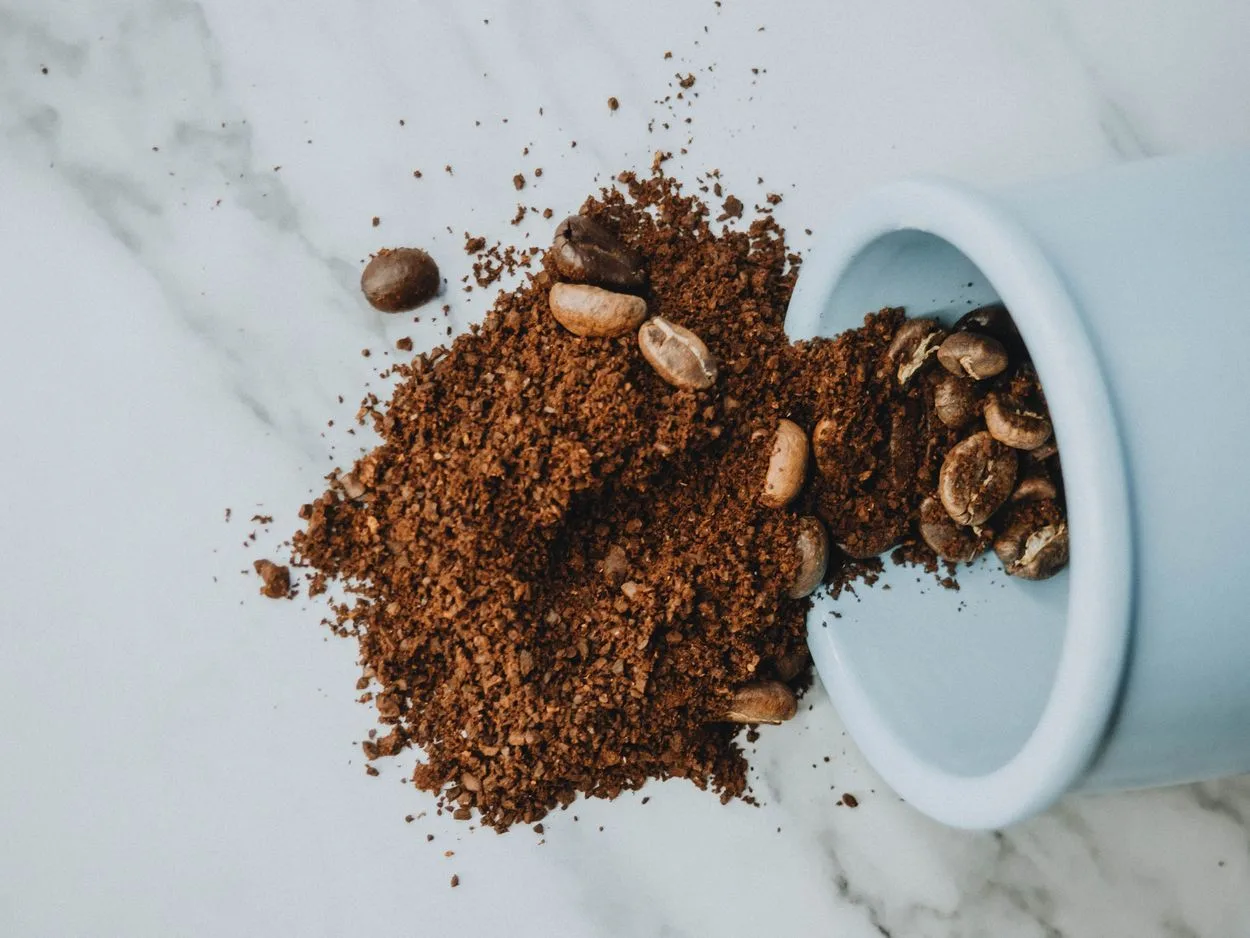Not working out can harm your health in numerous ways. You won’t be able to sleep properly, lack energy, and have less capability to fight against depression and anxiety.
A research paper has concluded that the least active people can keep themselves safe from getting chronic diseases by engaging in physical activities. The risk of getting premature death is also reduced this way.
The results you get from physical activities depend on your strength and endurance. Now, where do you get this energy to perform the exercise without getting tired?
Pre-workout is a diet that helps boost your energy levels during exercise. No matter how healthy and protein-based foods you eat, nothing can replace a pre-workout supplement.
For the recovery of the muscles, most people take a post-workout supplement. This is taken in order to restore the energy exerted during the work out regime. This supplement should be taken after 2 hours of workout.
In this article, I’m going to give you an in-depth overview of pre-workout and post-workout. I’ll also share their benefits and side effects.
So, let’s dive into it….
Pre Workout
The energy you need to hit the gym comes from a pre-workout. The main purpose of taking a pre-workout is to get an instant energy boost. Though there’s no scientific backing to these claims.
Coffee can also be taken as a pre-workout. Different supplements come with different ingredients. These supplements come in powdered form that you can mix with water. Interestingly, there are two options available in the supplements – sugar-free and with sugar.
Here’s a list of necessary ingredients
- Caffeine
- Vitamins
- Amino acids
- Creatine
- Sugar substitutes
The side effects of pre-workouts are also worth considering. Firstly, those with health issues should avoid taking these supplements.
Side Effects
The high caffeine content makes them unsuitable for kids, pregnant women, and those with caffeine intolerance. They might also make your heart race fast and make you sweat even more.
Alternatives To Workout Supplements
There are alternatives to workout supplements for those who can’t tolerate the tingling of beta-alanine and artificial sweeteners usually present in such supplements:
- Tuna
- Banana
- Coffee
- Oatmeal with berries and honey
- Caffeine pills (they’re for everyone, therefore you should ask your physician before taking them)
Post-workout

There’s no better post-workout recovery than a healthy meal. Though the market has a wide range of post-workout drinks that contain BCAA’s, creatine, and other recovery ingredients.
If you prefer to take a meal, make sure it is a combination of protein and carbs. It’s important to eat something post-workout to enhance recovery.
Time For Post Workout Meal
You should try to take a post-workout meal within 40 to 45 minutes of exercising. The benefits of eating carbs and proteins pre-workout stay even after exercising.
Cleanest Pre-workout
The reason why it’s difficult to find a clean pre-workout is the oversaturated market of supplements. It’s really essential to cross-check the claims that a company is making with the reviews on the products.
Over time, you become more tolerant to the high dose of caffeine content. It warms up your body for an intense workout.
I wouldn’t suggest pre-workouts to beginners. In case, you’re an intermediate or an expert, you should keep in mind the following factors before adding a pre-workout into your daily regime:
- The caffeine content should be moderate
- The amount of sugar should be under the daily limit recommended by the FDA.
- The artificial sweeteners must be FDA approved
- The number of ingredients should be mentioned on the label so that you can keep a check on your daily intake
Ingredients And Their Approved Limit

| Ingredients | Daily Intake |
| Caffeine | 400 mg |
| Sugar | 24 g (women)36 g (men) |
| Creatine | 25 g a day for a week |
| Beta-alanine | 2 – 5 g |
- This table shows how much caffeine and other ingredients is safe for daily consumption.
- Make sure you don’t take caffeine from different sources.
- The amount of sodium is also worth considering as overconsumption can cause serious health issues such as high blood pressure.
Water Before Workout
Keeping your body hydrated should be your priority, therefore it’s important to start your day with a warm glass of water. Though drinking water before exercising can make you feel sluggish.
While exercising your body loses fluids, so it’s important to balance fluids in your body. According to research, drinking water before exercise leaves positive effects on your physical activity. While dehydration can negatively impact your performance.
- Foggy brain
- Low energy levels
- Headache
- Nausea
- Dehydration
- Increased chance of getting heat stroke
Should you drink water while running? Watch this video:
Conclusion
- Pre-workout refers to the food or supplements you take before exercise.
- Post workout refers to anything you consume after the gym for recovery.
- Make sure that the supplement you take contains ingredients that you can tolerate.
- Pre-workout drinks can either be coffee or supplement.
- While post-workout meals or drinks should contain proteins and carbs.

